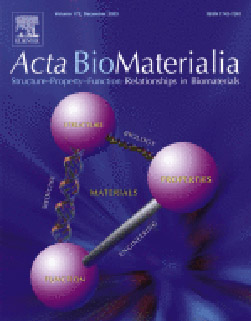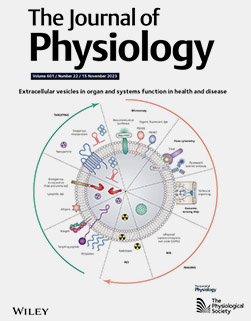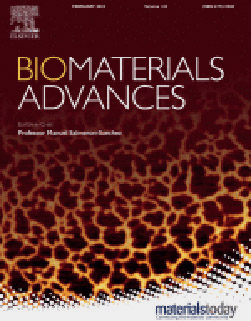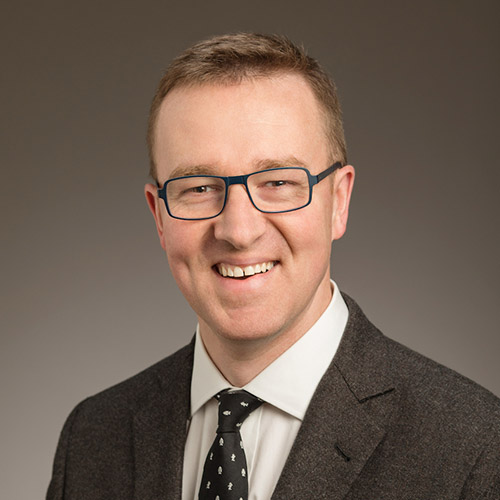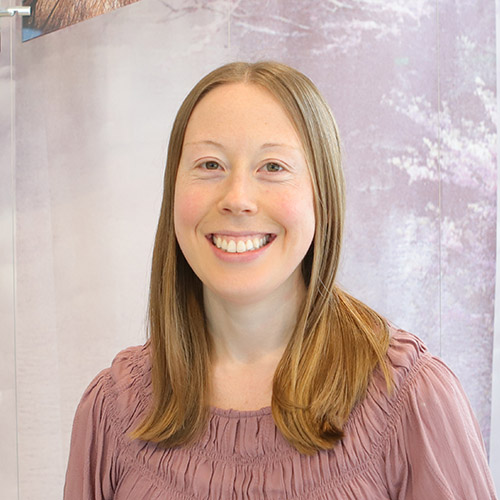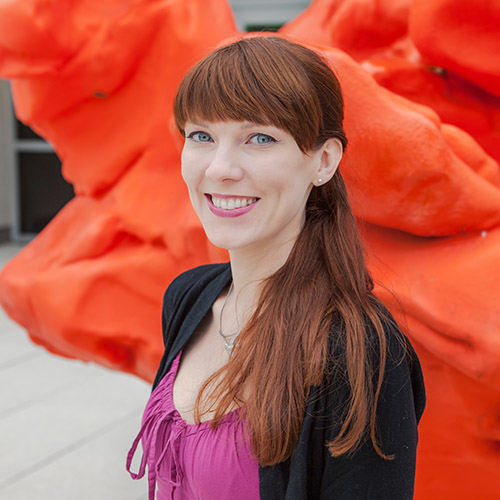Organ malformation, damage, and failure are the most common causes of human morbidity and death. The goal of the Regenerative Biology and Tissue Engineering theme is to develop the knowledge base and technologies needed to replace or regenerate human tissues and organs. RBTE scientists use stem cells and developmental approaches to investigate how organs form and regenerate. They use the knowledge gained from those studies to regenerate tissues and organs in a series of model organisms and then translate their research into humans. With this multi-faceted approach, RBTE scientists are making major strides toward developing regenerative technologies that will positively impact millions of lives.
Recent Publications from RBTE
View full list of publications from RBTE
From Leaders of the Theme
An understanding of the cellular and developmental processes underlying organ and tissue growth provides a critical and necessary foundation for organ and tissue regeneration. Before organs can be regenerated, the developmental basis of all of these events must be understood. To pursue this goal, RBTE scientists are investigating the signals that transform an undifferentiated cell into one that is tissue or organ specific, and the cellular and molecular processes that underpin normal organ and tissue development, in both model and non-model organisms. RBTE scientists are already using engineered scaffolds, tissues, bioactive molecules, and cells to enhance organ and tissue regeneration with great success in animal models.
The ultimate goal of regenerative biology is to successfully regenerate tissues and organs in humans. To achieve this goal, RBTE scientists have established active research collaborations with medical doctors at several institutions, including the Mayo Clinic, University of Illinois at Chicago, Northwestern University, and Carle Hospital. Through these collaborations, RBTE scientists are translating the knowledge gained from stem cell, developmental, and regenerative research in model and non-model animals to organ and tissue regeneration in humans. These translational efforts involve the use of biodegradable scaffolds in combination with growth factors and adult stem cells as treatments for large bone and/or cartilage trauma or disease. The methodology employed could reduce or even eliminate the need for bone harvest and grafting procedures, decreasing the number of patient surgeries.

